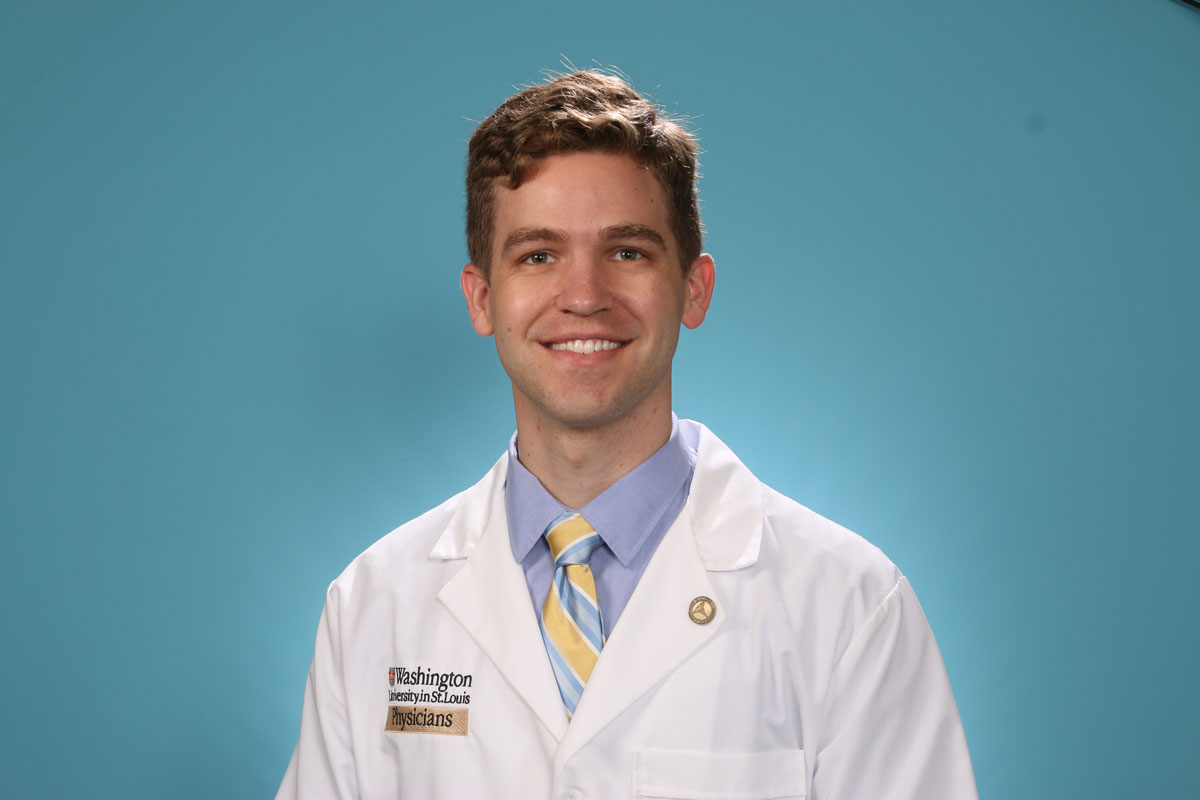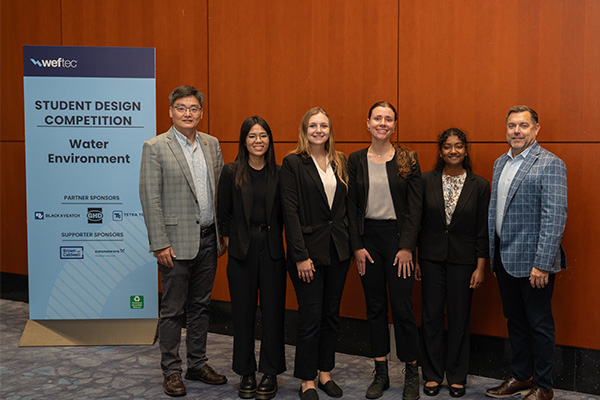Best of both worlds: BME alumnus embraces career in research, clinical care
It took David Giles, who earned a bachelor’s degree in biomedical engineering in 2011, nearly a decade to earn an MD/PhD. He’s now a surgical resident who has the opportunity to lead his own research and care for patients

David Giles, who earned a bachelor’s degree in biomedical engineering from Washington University in St. Louis in 2011, has known since he was an undergraduate that he wanted a career in research.
“That was something I figured out through my BME courses by interacting with different faculty members, doing exciting research and discovering new things,” he said. “On the flip side of that, I figured out that I also liked interacting with people. I like caring for people.”
By enrolling in the Medical Scientist Training Program at the University of Michigan, Giles was able to pursue his interests in both research and patient care.
“There are a lot of people who do PhD research where they study and they discover new things, and a lot of people who do medical care,” Giles said. “There are only a handful of people who are bridging that gap and doing both.”
And data support that statement. According to statistics from the Association of American Medical Colleges, demand for physician-scientists is far outpacing the supply. In 2016, the nation’s programs graduated only half the number of physician-scientists needed.
The MD/PhD program at Michigan took Giles nine years to complete. The first two years consisted of traditional medical school coursework, which Giles described as lectures and memorization. Following that, he began his research experience, which required much more independent thinking.
“At the start of my PhD, my mentor was very hands off,” Giles said. “He didn't hand me things and say, ‘This is what you're going to figure out for us.’ He said, ‘These are all the things that my lab does; find an interesting question in this realm.’”
In his mentor’s lab, Giles studied how myeloid cells, a type of blood cell that activates the immune system’s T-cells, change during the progression of multiple sclerosis. Now a first-year neurosurgery resident at Barnes-Jewish Hospital, he is starting research focused on how the immune system in the brain responds to cancers and trauma.
And when it comes to taking on challenging research questions, Giles credits his engineering training with helping him to stand out from his classmates.
“Traditional premed courses alone do not equip people to think as critically as an engineer would,” Giles said. “Engineering and its training provide a problem-solving mentality where you're able to identify what needs fixing and then use creative processes to figure out how best to approach the problem.”
Students who are considering the MD/PhD are encouraged to take their time with the decision. While at Michigan, Giles served as part of a team that reached out to potential MD/PhD students to provide advice about the experience.
“People who are considering this career have lots of options: They can just do the MD, the PhD or they could go into something like consulting and make a lot more money,” he said. “People who ultimately choose the MD/PhD do so because they’re passionate about both research and patient care. They have confidence that they know what they're getting into, and that's the type of candidate that they look for.”


